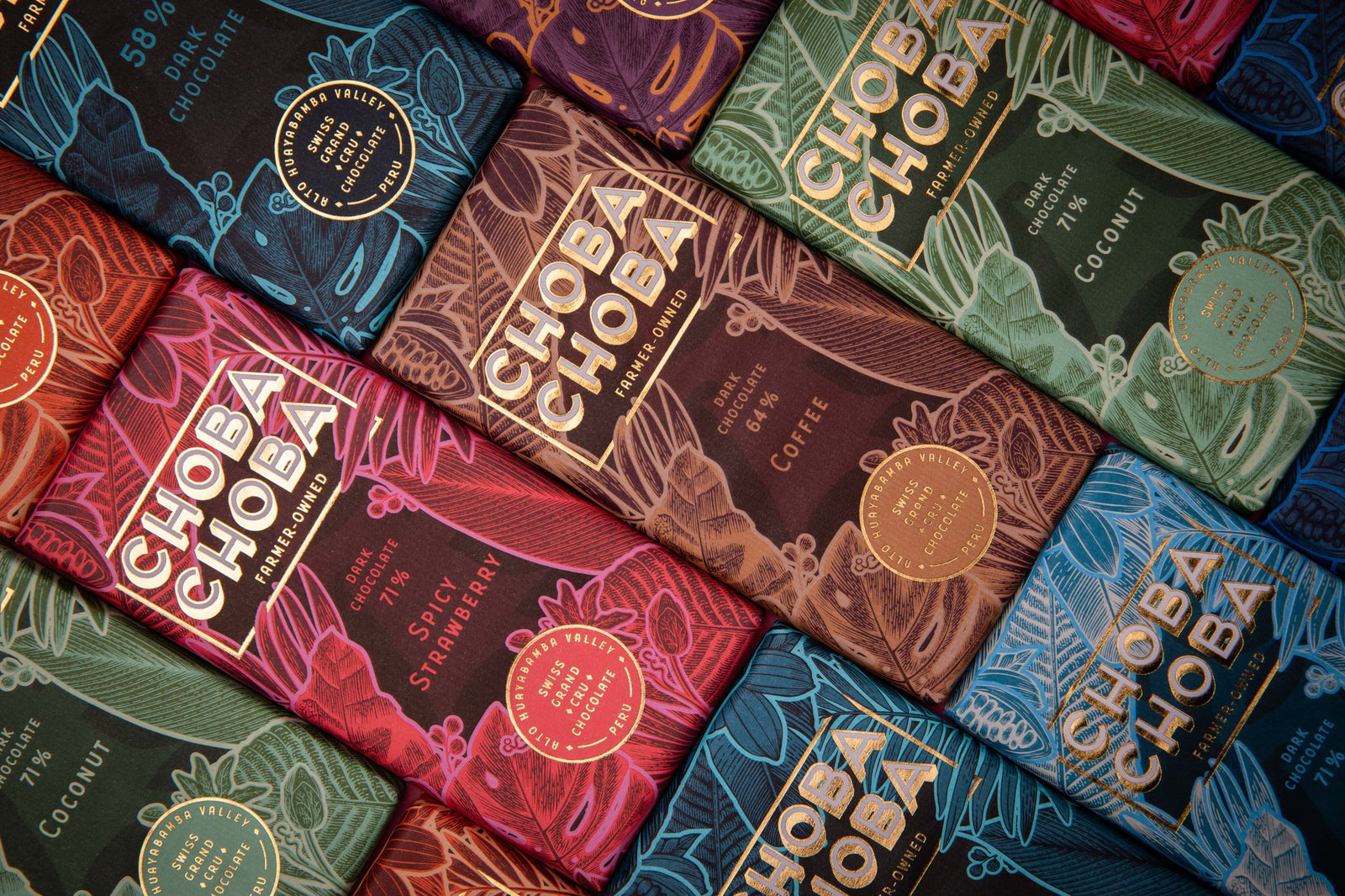At the core of Choba Choba's vision lies a profound transformation of our agricultural practices, pivoting towards agroecology and agroforestry. These key concepts define our commitment to more environmentally friendly agricultural systems that also promote the capture and storage of CO2.
Agroecology is more than just a method; it's a philosophy. It emphasizes creating agricultural ecosystems that foster biodiversity, soil regeneration, and plantation resilience. In the context of cacao, this means establishing environments where cacao trees harmoniously interact with other plant species, promoting nutrient recycling in pursuit of the most natural balance possible.
Agroforestry deliberately integrates trees and shrubs into agricultural crops. In our plantations, this translates to the carefully planned cohabitation of cacao trees with shade trees, fruit trees, and legumes. This approach not only provides the necessary shade for cacao trees but also promotes organic matter production, increases soil fertility, reduces erosion risk, and offers additional income sources to the farmers and co-owners of Choba Choba.
These efforts are not only agronomic innovations drawing from local knowledge and modern techniques but also concrete actions for environmental preservation. The benefits are tangible: improved water quality, regulation of the local climate, biodiversity conservation, and increased resilience to climate change. Agroecology and agroforestry are not merely concepts for us; they represent deep commitments to a model where nature and agriculture coexist harmoniously, mutually benefiting one another.




Leave a comment (all fields required)